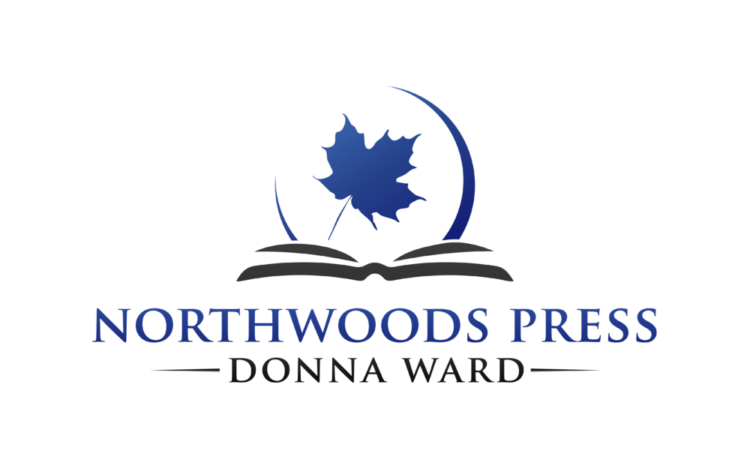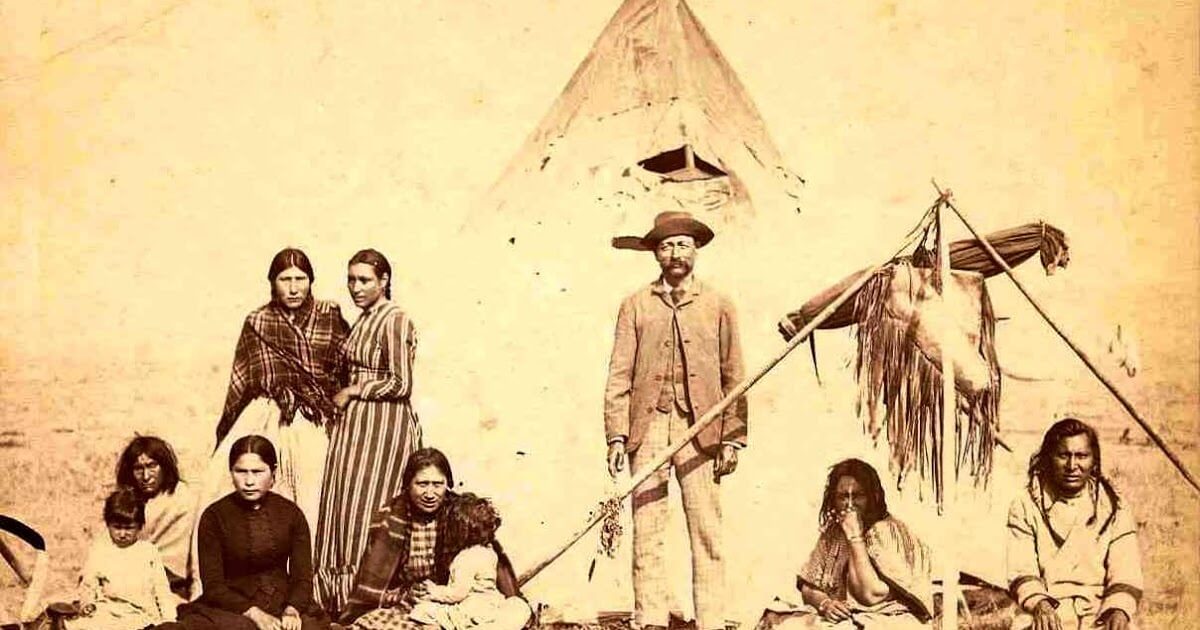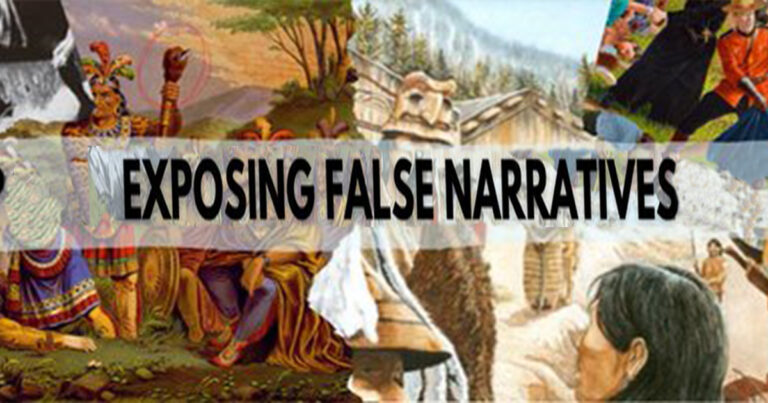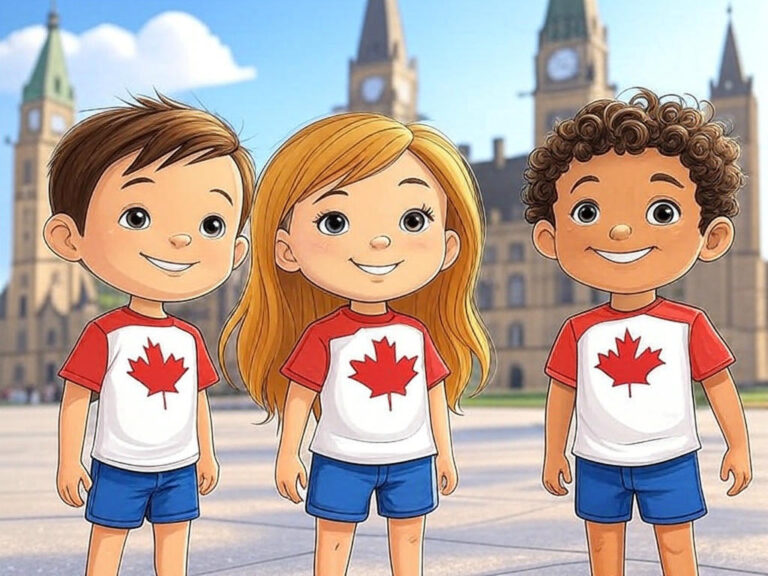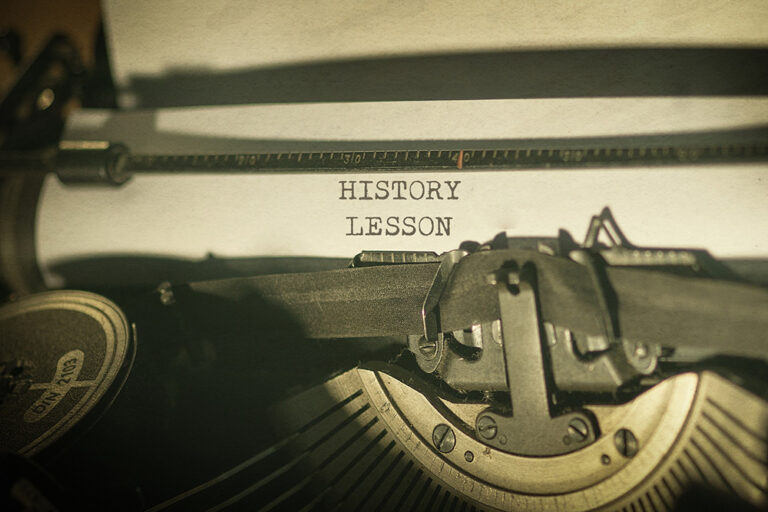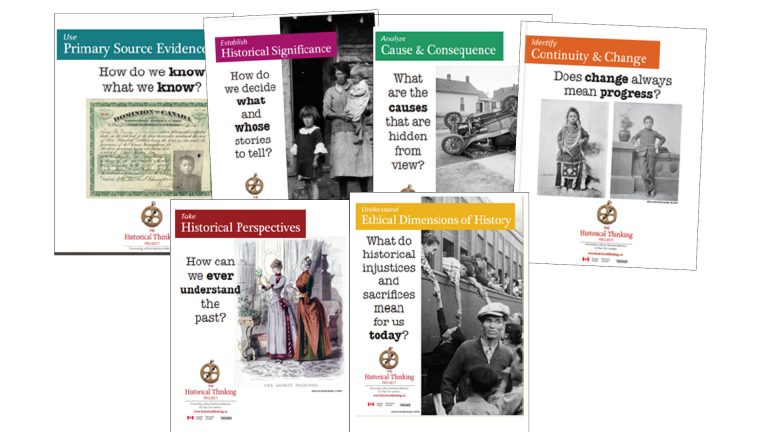The Lens of History
The curriculum from Northwoods Press takes a factual view of history with the intent to use critical thinking skills, evidence, and historical perspective to evaluate what we think of the past. Revisionist historians may highlight overlooked contributions, particularly from marginalized groups, but it must be without stifling all other narratives. We believe in preserving the past as it truly occurred, rather than reshaping it to fit contemporary narratives or ideologies.
Instead of rewriting the past, a more authentic engagement involves:
- critically examining historical records
- acknowledging multiple perspectives
- celebrating accomplishments that made our country great
- grappling with truths that might be uncomfortable
We can honour the realities of those who lived through significant events but also cultivate a deeper understanding of the present and a more thoughtful approach to the future.
The value of maintaining a truthful historical narrative lies in its potential to foster genuine dialogue and reconciliation. When history is presented as it is, with all its imperfections and contradictions, it encourages individuals and societies to confront their past mistakes and learn from them. This honest engagement can help to bridge divides, promote empathy, and facilitate meaningful discussions about how to move forward.
Northwoods Press Curriculum
Canada’s Natives Long Ago is designed to introduce children to the diverse ingenuity of First Nations cultural groups, who thrived from resources of the land, long before European contact. This educational resource not only celebrates indigenous culture but also presents a balanced narrative by incorporating first-hand indigenous accounts, and listing additional resources by First Nations authors available from our store or the library. The curriculum aims to instill a sense of appreciation and respect for the resilience and ingenuity of First Nations peoples, allowing children to understand the complexity of our shared history.
Courage & Conquest: Discovering Canadian History offers an introduction to settlement history, understanding that the success of early European settlers was made possible through the vital cooperation of First Nations peoples. First Nations communities helped newcomers navigate and survive in a challenging environment. In turn, the Indigenous Peoples benefited from trade; acquiring goods not available in their natural environment, and benefited from access to education.
The courage of the first Europeans who ventured into unknown lands is a testament to the indomitable human spirit in the face of adversity. As they sailed into uncharted waters and approached foreign shores, these intrepid explorers faced an array of daunting challenges. In their quest for discovery, they were not only driven by the pursuit of riches but also by an insatiable curiosity and an intrinsic desire to understand a world vastly different from their own. Despite the high likelihood of peril—evident in the stories of those who perished from disease, starvation, or hostile encounters—these pioneers pressed forward in their conquest not only against physical hardships but also their own fears.
Summary
As Canadians, we take pride in the rich tapestry of our heritage, woven together by the diverse leaders and communities that have shaped our nation into a modern and prosperous entity. From the Indigenous peoples, who stewarded this land following their immigration over the Bering Strait, to the newer immigrants who ventured from every corner of the globe, each group has contributed to the growth and richness of our collective identity. Their stories and sacrifices remind us of the resilience and determination that define our journey.
Alongside these noble acts of service and unity, we must confront the reality of humanity’s flaws—selfishness, greed, and the darker impulses that have at times undermined our progress. This acknowledgment is not meant to diminish our achievements but rather to serve as a crucial reminder that while we celebrate our successes, we must also learn from our missteps. We should not erase our history, for by understanding the complexities we can strive for a future that not only honors the heroic efforts of those who came before us but works to ensure that we do not repeat the ignoble acts that marred our past.
In this pursuit, we recognize our need for a guiding light, our Saviour, Jesus Christ, to help us navigate the challenges of both our individual and collective human experiences.
